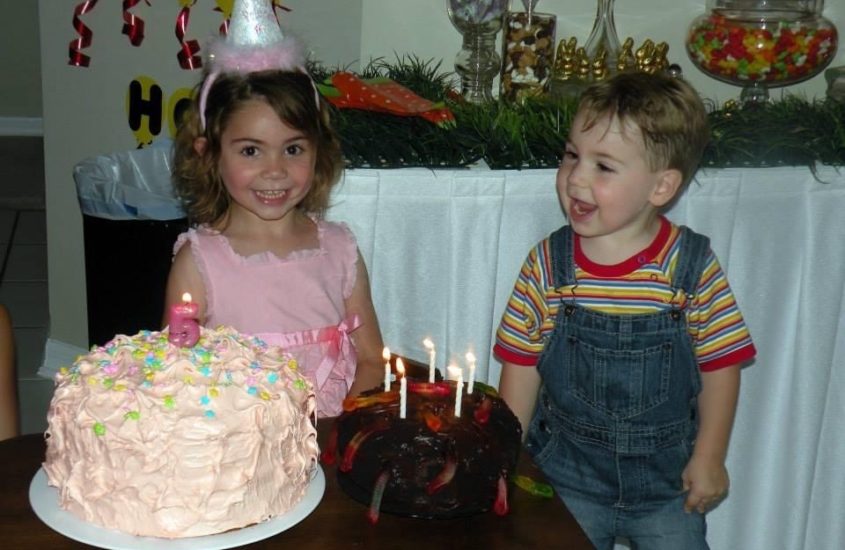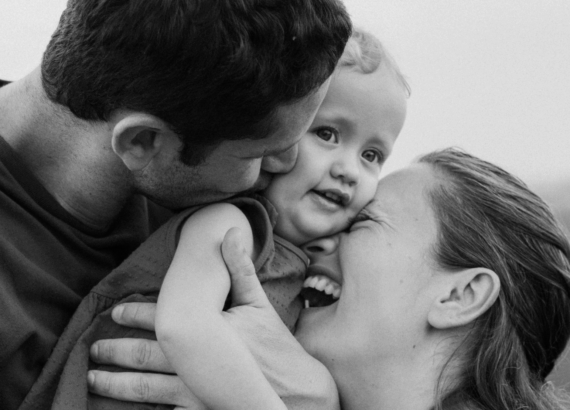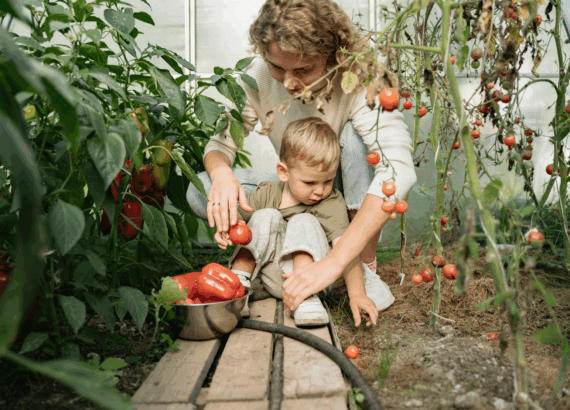My Kids Don’t Act Their Age
Jessica Morgan | PC: Unsplash
PC: UnsplashI remember being 10 years old. I was sassy, bossy, and had a boy I called my “boyfriend” (cringe) — I thought I was hot stuff for the fourth grade. Fast forward a few decades, and my 10-year-old fourth grader is a totally different person than her mama. She’s kind, imaginative and sweet. And if we are being honest here, she prefers the company of younger kids.
When I was her age in the late 1980s, I really couldn’t imagine being friends with, not to mention having playdates with, 6- and 7-year-olds! Yet, my compassionate, sweet girl loves children younger than her. They play for hours with Barbies and American Girl Dolls, come together to play with the boys, then go back to what they are doing. It is a beautiful thing to witness. I thought surely I was the only person I knew with a big kid who preferred littles to those their own age, but the more I spoke with my friends, it seemed to be the norm. What had changed in this generation that didn’t seem as prevalent in past ones? I was curious to find out.
Many schools do not segregate children by age. My children attend a fantastic Waldorf-inspired school. While they have traditional grade levels (unlike Montessori schools), older students are very much a part of the younger kids’ school experience. First graders are matched with third graders in a Waldorf Rose Ceremony (no — not like The Bachelor). Older children will visit first and second grade classes and read to the children, and the younger children will attend plays and performances for the big kids. It is not uncommon to see kids of all ages on the playground together. There are many articles on Psychology Today stating that we should stop segregating children by age.
Socializing with younger kids is good for children with ADHD. An article written by Dr. Carol Brady on the Additude magazine website states, “Some parents are reluctant to encourage friendships with younger children, worrying that their child will start acting — or continue to act — immature for his age. But, as I’ve assured many worried moms, friendships with younger kids allow your child to take on a leadership role, a dynamic that peer relationships might not allow for. It’s perfectly OK to encourage your child to play with children at his social-development level.” Basically, you are allowing your child to gain confidence. And I love a confident kid!
Playing with younger children teaches the older children patience. My favorite cartoon is Max and Ruby. Maybe it is because I have an older girl and a younger boy. My daughter started calling my son “Max” around the age of 4, and she was “Ruby.” While this is just a cartoon about rabbits with no authority figures around (except for Grandma who pops in every once in a while), I couldn’t help but notice how patient Ruby was with her younger brother. Max was always getting into trouble, and Ruby, oh-so gently, would try to point him in the right direction. This is how it is when my oldest is playing with much younger children. She is patient and attentive — much more than if I would have instructed her to be. She is learning through play, which frankly, is my favorite way to learn!
I don’t know exactly what changed from the 1980s to the present time, but I’m glad it did. I love that my kid can be well rounded and adaptive, far more than I was at her age.
Fast forward 4 years, and these Max and Ruby lovin’ kids of mine are starting middle school together. This fall, I will have a 6 & 8th grader. And wouldn’t you know it- they are still very good with younger ones. I run a summer camp at a local country club and I can always count on my now ‘big kids’ to be the best helpers for the younger campers. They both are learning tons of patience and empathy being around the smaller ones. It just goes to show that your kids don’t need to hate you, or each other. And couldn’t this world need more empathy right about now?






